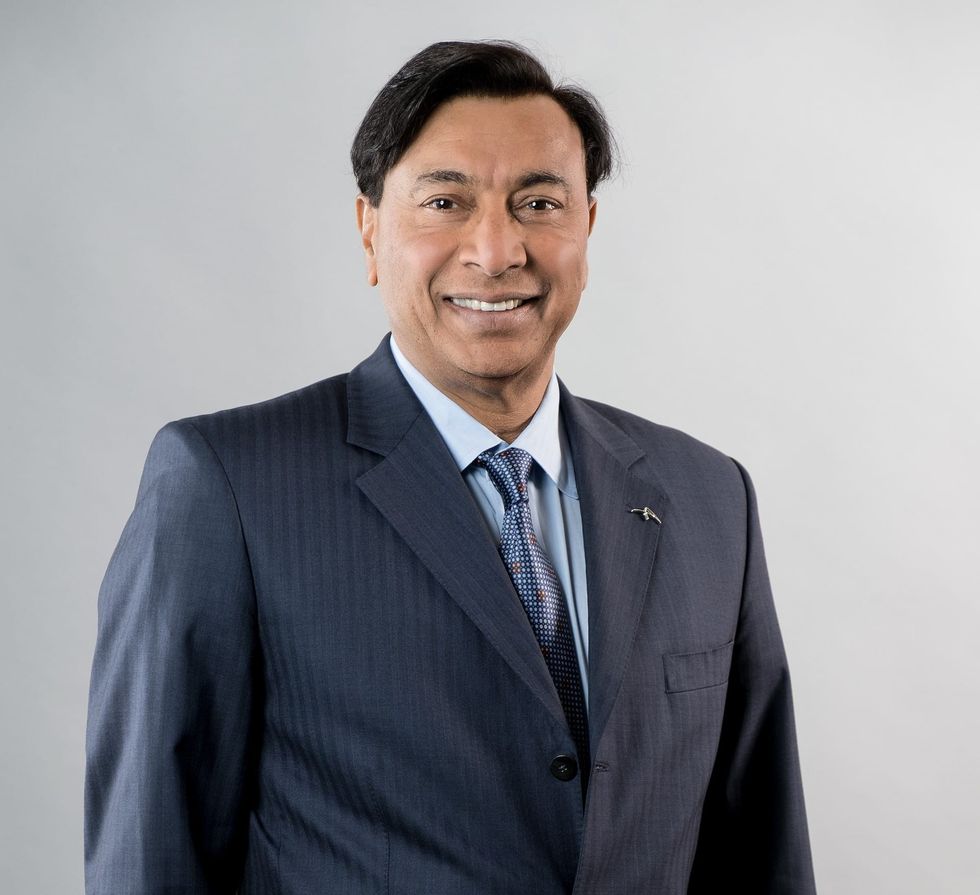COMPUTER pioneer and World War II code-breaker, Alan Turing will feature on the new design of the Bank of England's £50 note.
Making the announcement on Monday (15) at the Science and Industry Museum in Manchester, Bank of England Governor, Mark Carney also revealed the imagery depicting Turing and his work that will be used for the reverse of the note.
The new polymer £50 note is expected to enter circulation by the end of 2021.
Carney commenting on Turing said: “Alan Turing was an outstanding mathematician whose work has had an enormous impact on how we live today.
“As the father of computer science and artificial intelligence, as well as war hero, Alan Turing’s contributions were far ranging and path breaking. Turing is a giant on whose shoulders so many now stand.”
The note shows a photo of Turing taken in 1951 by Elliott & Fry which is part of the Photographs Collection at the National Portrait Gallery.
Turing was chosen following the bank’s character selection process including advice from scientific experts.
In 2018, the Banknote Character Advisory Committee chose to celebrate the field of science on the £50 note and this was followed by a six week public nomination period.
The Bank of England received a total of 227,299 nominations, covering 989 eligible characters.
The committee considered all the nominations before deciding on a shortlist of 12 options, which were put to the governor for him to make the final decision.
Turing provided the theoretical underpinnings for the modern computer. While best known for his work devising code-breaking machines during WWII, Turing played a pivotal role in the development of early computers first at the National Physical Laboratory and later at the University of Manchester.
He set the foundations for work on artificial intelligence by considering the question of whether machines could think.

















 Lakshmi Mittal
Lakshmi Mittal 